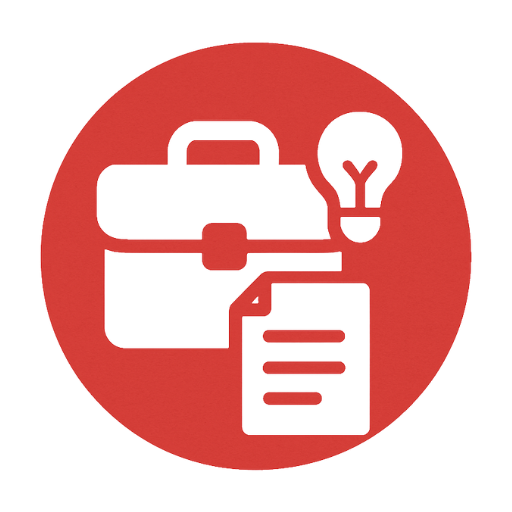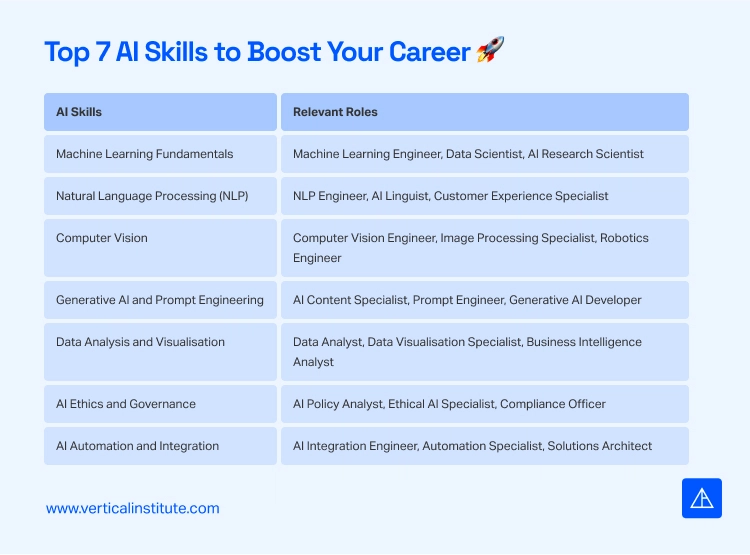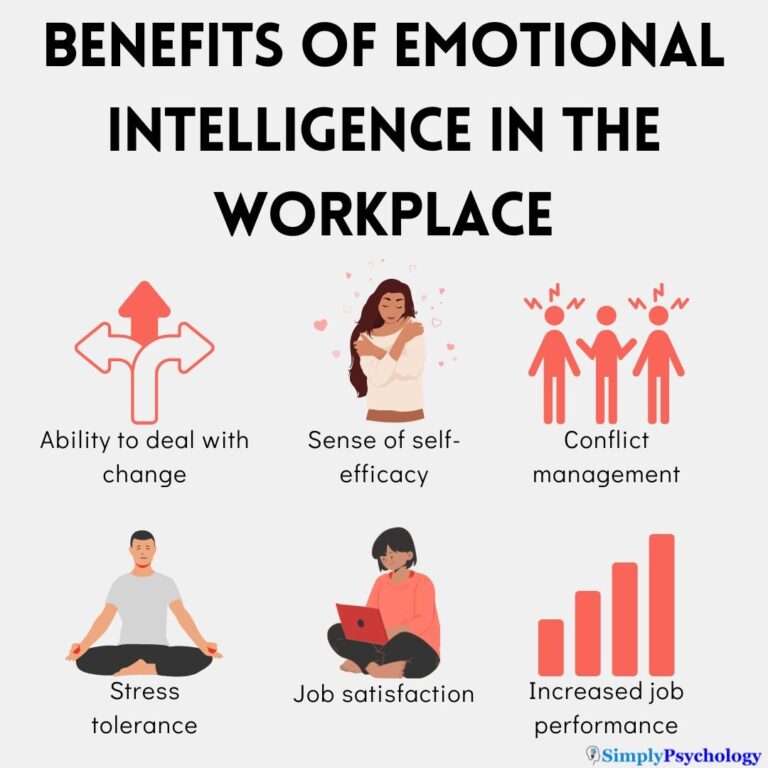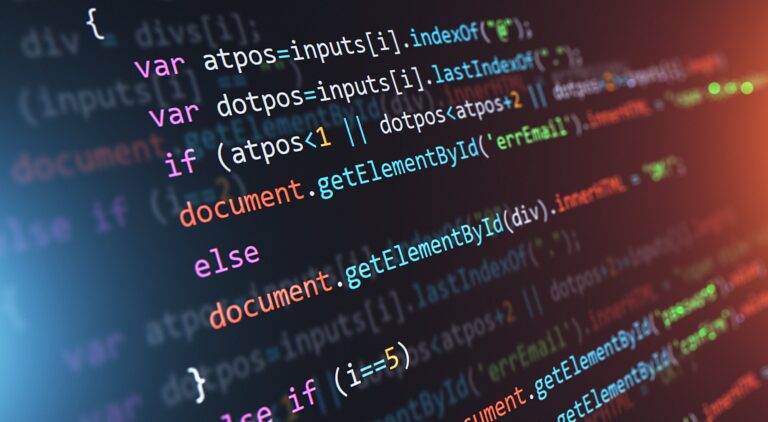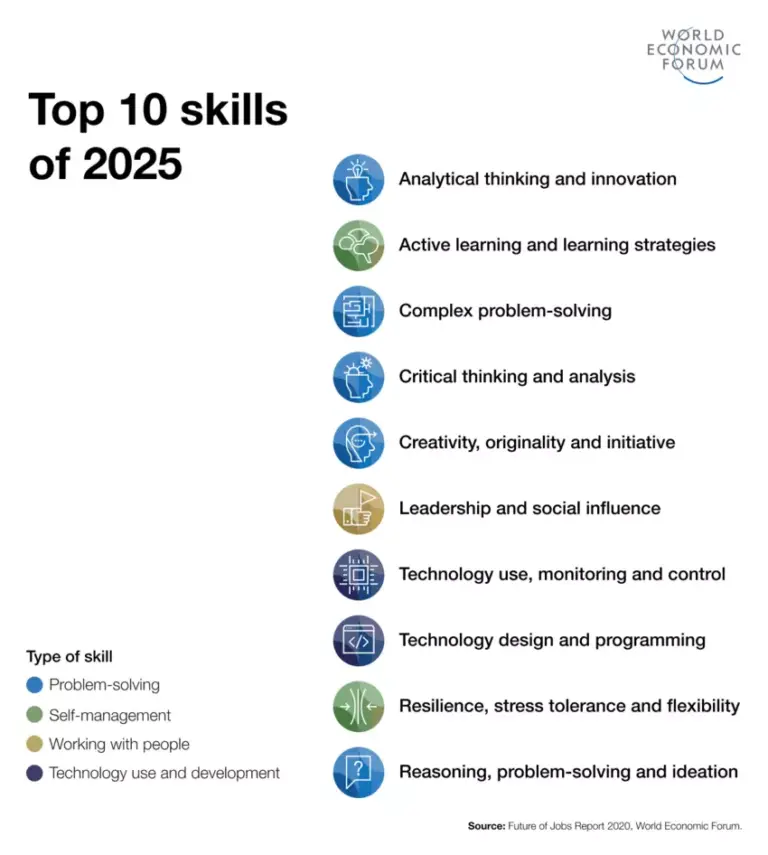Strategies To Improve Decision-Making Skills Under Pressure
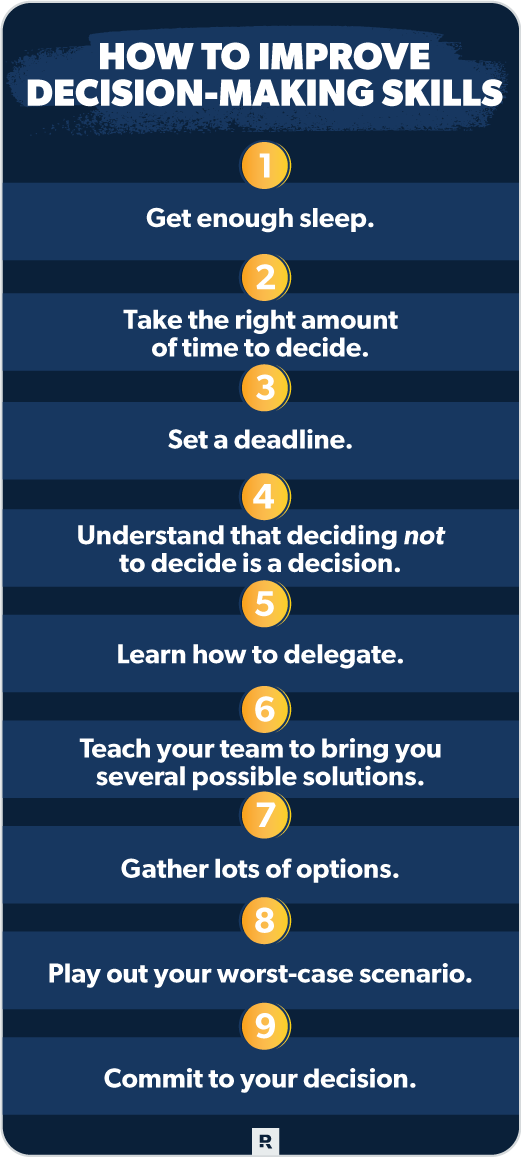
Research shows that over 50% of professionals feel overwhelmed when making urgent decisions. This statistic emphasizes the critical need for effective strategies to improve decision-making skills. When the pressure is on, even top experts can feel paralyzed, leading to suboptimal outcomes.
One vital strategy to enhance decision-making under pressure is practicing mindfulness. Historically, mindfulness has proven to foster clearer thinking and reduce stress. Additionally, breaking down complex decisions into smaller steps can make the process more manageable, ultimately leading to better results.
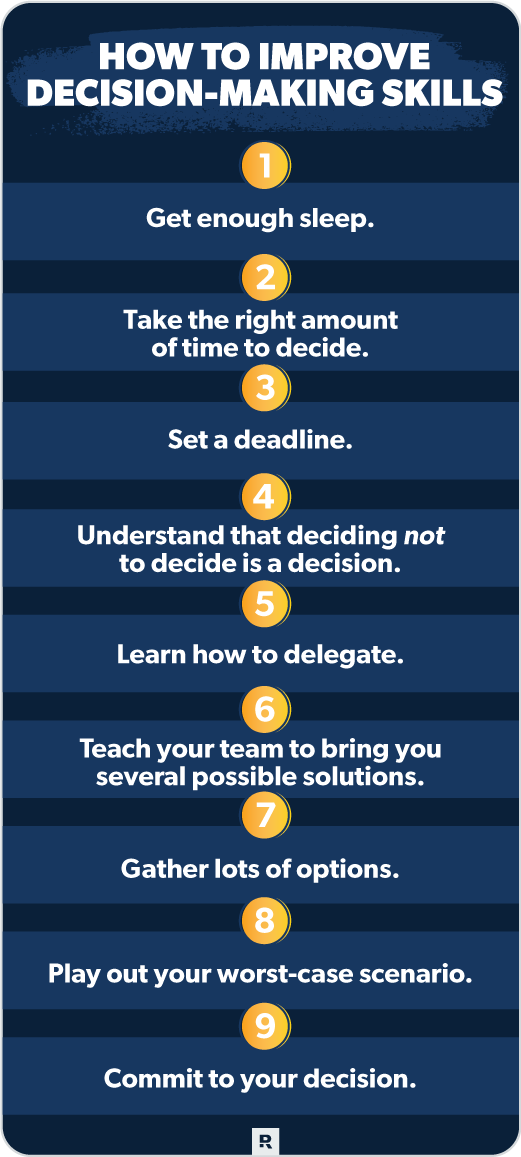
Understanding the Impact of Pressure on Decision Making
When under pressure, the brain often switches to a fight-or-flight response. This biological reaction can cloud judgment and hinder logical thinking. Research shows that stress hormones, like cortisol, can impact the brain’s ability to process information effectively. As a result, decisions made under high pressure can sometimes be poor. According to one article, understanding this response can help in managing stress better.
The prefrontal cortex, which is responsible for rational thinking, can be significantly affected by stress. When stressed, this part of the brain might not function optimally. Consequently, emotional responses can take over, leading to impulsive decisions. It’s crucial to recognize these changes to manage stress and improve decision-making.
Several strategies can help mitigate the negative effects of stress on decision making. These include techniques like mindfulness and meditation, which can reduce cortisol levels. Other methods involve breaking tasks into smaller steps, which can make them feel more manageable. This reduces the load on the brain, allowing for clearer thinking.
According to the article, practicing under pressure can also improve performance in real-life scenarios. Simulating stressful situations helps the brain become accustomed to making decisions despite the stress. Incorporating these practices into daily life can lead to better decision-making in high-pressure situations. For additional insights on managing stress under pressure, you can read more here is the article.
Exploring How Stress Alters Cognitive Functions
Stress can dramatically change how our brain works. It triggers the release of hormones like cortisol and adrenaline. These chemicals can affect memory, judgment, and reasoning. Often, they make it harder to think clearly and make informed decisions. This is why stressful situations can feel overwhelming.
Under stress, the brain’s prefrontal cortex, which manages complex thinking, can become less active. This can lead to a reliance on the amygdala, the brain’s emotional center. As a result, decisions may be driven by fear or anxiety rather than logic. Recognizing this shift can help in developing better coping strategies. Knowing about this cognitive shift is the first step in managing stress effectively.
Several studies highlight the impact of stress on cognitive function. For instance, according to one article, stressed individuals often show poorer memory recall. They may also struggle with focusing on tasks. This demonstrates the importance of stress management techniques in maintaining cognitive performance. Practicing mindfulness, as suggested in many articles, can be beneficial.
There are practical techniques to mitigate the effects of stress on the brain. These can include mindfulness exercises, regular physical activity, and adequate sleep. Creating a supportive environment can also help in minimizing stress. Techniques like deep breathing and breaks during tasks can improve cognitive function. All these practices contribute to better mental health and clearer thinking.
Key Techniques to Stay Calm and Focused
One effective way to stay calm is by practicing deep breathing exercises. When you feel stressed, take a moment to breathe deeply. This helps slow your heart rate and reduce anxiety. By focusing on your breath, you can shift your mind away from stress. This simple technique can be done anywhere, at any time.
Another helpful strategy is to break tasks into smaller, manageable steps. A long list of things to do can feel overwhelming. By dividing tasks, you make each step easier to handle. This not only reduces stress but also helps you stay focused. Small achievements can give a sense of progress and motivation.
Meditation and mindfulness practices are also powerful tools for calming the mind. By spending just a few minutes each day meditating, you can significantly decrease stress levels. These practices help you stay present and focused on the current moment. Regular meditation has been shown to improve attention and clarity. Making it a daily habit can provide long-term benefits.
Additionally, taking regular breaks is essential for maintaining focus. For example, the Pomodoro technique involves working for 25 minutes, then taking a 5-minute break. This method can prevent burnout and keep your mind sharp. During breaks, do something relaxing like stretching or taking a walk. It helps refresh your mind and body, allowing you to return to work more focused.
Role of Preparation in Enhancing Decision-Making Skills
Preparation plays a crucial role in improving decision-making skills. When you prepare, you gather all necessary information beforehand. This helps in making informed decisions and reduces uncertainty. Knowing what to expect can minimize stress. Preparation also allows you to foresee potential challenges and plan accordingly.
Practicing different scenarios can significantly enhance your decision-making abilities. By simulating various situations, you can understand potential outcomes. This practice helps in building confidence and reducing anxiety. It also allows you to develop strategies for handling unexpected challenges. Regular practice can make decision-making feel more natural and less stressful.
Creating a checklist is another effective preparation technique. A checklist ensures that you do not overlook important details. It helps in organizing thoughts and tasks methodically. By following a checklist, you can systematically address all aspects of a decision. This thoroughness can lead to better and more consistent outcomes.
Additionally, seeking advice from experts or mentors can provide valuable insights. Experts can share their experiences and offer different perspectives. This can broaden your understanding and help in making well-rounded decisions. Mentorship also provides support and guidance during challenging times. Building a network of knowledgeable individuals can be a great asset.
The preparation also involves staying updated with relevant knowledge and skills. Continuously learning and improving can enhance your decision-making capabilities. Reading books, attending workshops, or taking courses can provide new insights. Staying informed about the latest trends and developments in your field is essential. This knowledge equips you to make better decisions confidently.
Finally, maintaining a positive mindset is a part of good preparation. Positive thinking can reduce stress and improve focus. Believing in your abilities can boost confidence and decision-making skills. It is important to practice self-compassion and avoid self-doubt. A positive attitude can make you resilient and ready to tackle any challenge.
Implementing Time Management Strategies
Time management is essential for achieving goals effectively. One popular technique is the Pomodoro method. This involves working for 25 minutes, then taking a 5-minute break. By repeating this cycle, you can maintain focus and productivity. Longer breaks can be taken after several cycles to refresh the mind.
Another useful strategy is prioritizing tasks. By identifying and tackling the most important tasks first, you make sure critical goals are met. This can help reduce stress and increase efficiency. Making a to-do list each day can keep you organized. Prioritizing tasks ensures that essential work gets done.
Setting specific deadlines can also improve time management. Deadlines create a sense of urgency and motivate action. They help in breaking down large projects into manageable parts. This makes it easier to track progress and stay on schedule. Clear deadlines can lead to more consistent productivity.
Eliminating distractions is crucial for effective time management. Turn off notifications and create a dedicated workspace. Limit the use of social media and other non-essential activities. This can help you stay focused on the task at hand. Reducing distractions increases the quality of work and saves time.
Using a planner or digital calendar can keep you organized. Scheduling tasks and appointments ensures that nothing is overlooked. It also helps in allocating time for different activities. Planners can remind you of deadlines and other important dates. Being organized can prevent last-minute rushes and stress.
Finally, taking regular breaks is important for maintaining focus and energy. Short breaks during long work periods can prevent burnout. Use break times to relax and recharge. Activities like stretching or a quick walk can be refreshing. Proper time management combines work and rest for optimal performance.
Regular Practice and Scenario Planning
Regular practice is key to improving decision-making skills. Just like athletes train to perform better, practicing different scenarios can enhance your ability to handle various situations. When you practice regularly, you build muscle memory and confidence. This reduces anxiety when facing real-life challenges. Frequent practice helps in developing quick and effective responses.
Scenario planning involves imagining different potential situations and preparing for them. By anticipating various outcomes, you can develop strategies to handle each one. This planning ensures you are not caught off guard by unexpected events. It allows you to think through your actions and consequences ahead of time. Scenario planning can make complex decisions more manageable.
Creating a list of potential scenarios and practicing responses can be very effective. Some situations to consider might include emergencies, difficult conversations, or critical business decisions. Make sure to include a variety of scenarios to cover all possible challenges. Practicing these can help you stay calm and prepared. Lists can provide a clear framework for practice sessions.
Engaging in role-playing exercises with others can also be beneficial. Role-playing allows you to practice decision-making in a controlled environment. It provides an opportunity to receive feedback and improve your responses. This method can be particularly useful for teamwork and leadership roles. Collaborative practice can enhance both individual and group decision-making skills.
There are various tools and techniques that can aid in scenario planning. Decision trees can outline possible actions and their outcomes. SWOT analysis can help identify strengths, weaknesses, opportunities, and threats. Mind mapping can visualize different aspects of a situation. Utilizing these tools can structure your planning process. Organized planning leads to more thorough preparation.
Key Takeaways
- Practice mindfulness to reduce stress and improve decision-making.
- Break tasks into smaller steps to make them manageable.
- Role-play scenarios to prepare for high-pressure situations.
- Review past decisions to learn from experiences.
- Maintain a positive mindset for clearer thinking under pressure.

Conclusion
Improving decision-making skills under pressure is achievable with the right strategies. By practicing mindfulness and breaking tasks down, you can manage stress better. Preparation and role-playing can enhance your ability to handle high-pressure situations effectively.
Reviewing past decisions offers valuable lessons, while maintaining a positive mindset fosters clearer thinking. Implementing these techniques can lead to more confident and informed decision-making. Embrace these strategies to navigate pressure with ease and precision.
